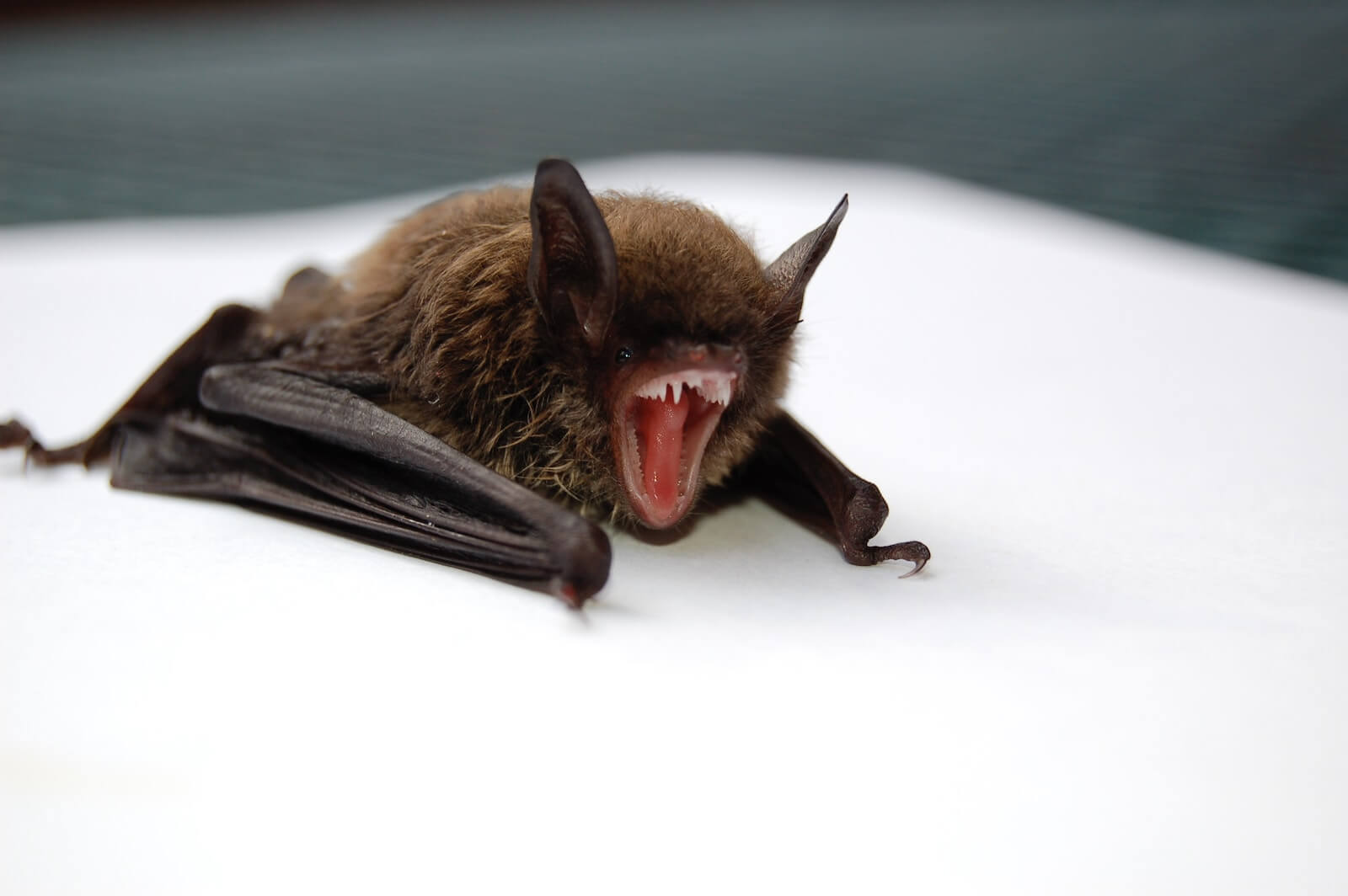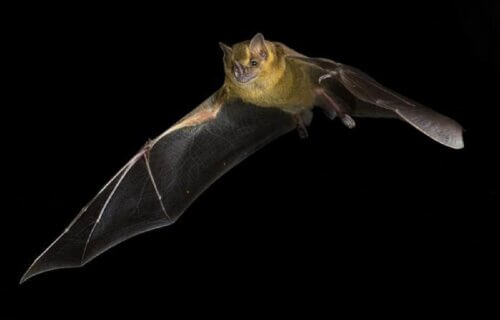COLD SPRING HARBOR, N.Y. — Bats may be more than just creatures of the night; they could hold the key to unlocking new ways to combat cancer, according to a new groundbreaking study.
The study focuses on the rapid evolution of bats, which may be responsible for their unique abilities. Not only can bats fly, but they also have long lifespans, surprisingly low rates of cancer, and robust immune systems. Their unique biological traits even extend to their suspected role in the emergence of SARS-CoV-2, the virus causing COVID-19.
Scientists say bats are interesting to investigate because they may have implications for human health. According to the research, understanding the bats’ unusual innate immune response — their first line of defense against pathogens — could provide valuable insights into preventing disease transmission from animals to humans.
For the study, the team sequenced the genomes of two bat species, the Jamaican fruit bat and the Mesoamerican mustached bat, using advanced technology from Oxford Nanopore Technologies and bat samples collected by the American Museum of Natural History in Belize. They then compared the bat genomes to those of other mammals.

What they found was intriguing. Bats possess genetic adaptations in proteins that are related to DNA repair and cancer suppression. Specifically, they identified adaptations in six DNA repair-related proteins and 46 cancer-related proteins.
“By generating these new bat genomes and comparing them to other mammals we continue to find extraordinary new adaptations in antiviral and anticancer genes,” says lead author Dr. Armin Scheben of Cold Spring Harbor Laboratory in New York in a media release.
Notably, the study also found that bats had more than double the number of altered cancer-related genes compared to other mammals, providing further evidence that they have unique abilities to suppress cancer.
While research on bats might seem distant from human health, Dr. Scheben explains that “these investigations are the first step towards translating research on the unique biology of bats into insights relevant to understanding and treating aging and diseases, such as cancer, in humans.”
These findings open up new avenues for studying the causes of cancer and links between cancer and immunity, offering hope that insights gained from bats might one day lead to new treatments for human illnesses.
The study is published in the journal Genome Biology and Evolution.
South West News Service writer Stephen Beech contributed to this report.


” Their unique biological traits even extend to their suspected role in the emergence of SARS-CoV-2, the virus causing COVID-19.”
Bats do not explain the artificial genetic seqence:
“The scientific evidence points to the conclusion that the virus was developed in a laboratory,” said Quay and Muller. The researchers base this conclusion on the presence of a double CGG sequence, which they said is evidence of gene splicing along with low levels of genetic diversity during the outbreak.
“In fact, in the entire class of coronaviruses that includes CoV-2, the CGG-CGG combination has never been found naturally,” Quay and Muller said. “That means the common method of viruses picking up new skills, called recombination, cannot operate here. A virus simply cannot pick up a sequence from another virus if that sequence isn’t present in any other virus.”
The Chinese found it. Ivermectin kills 8 forms of cancer.